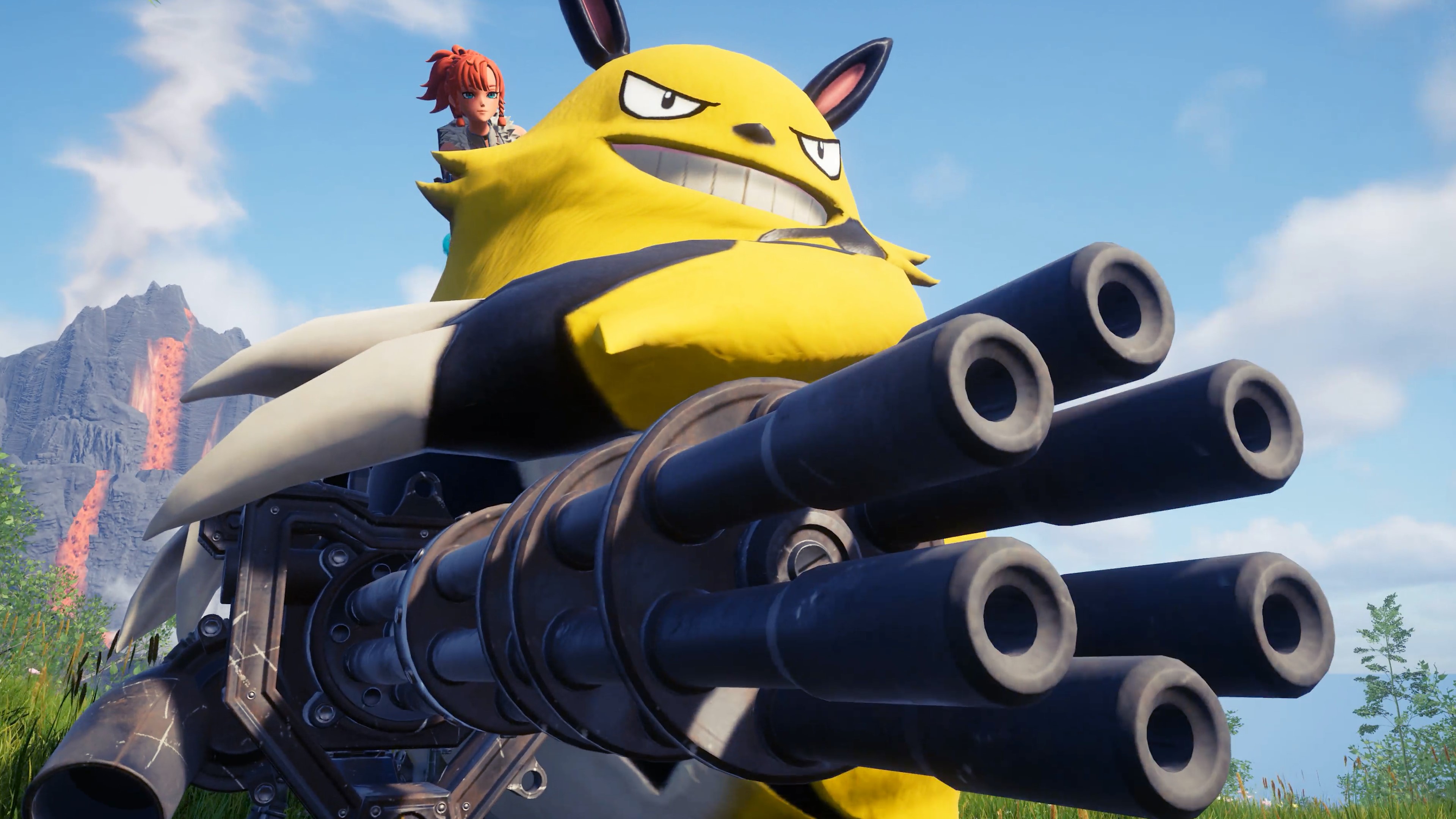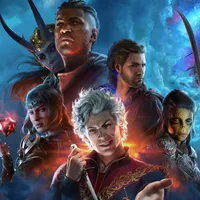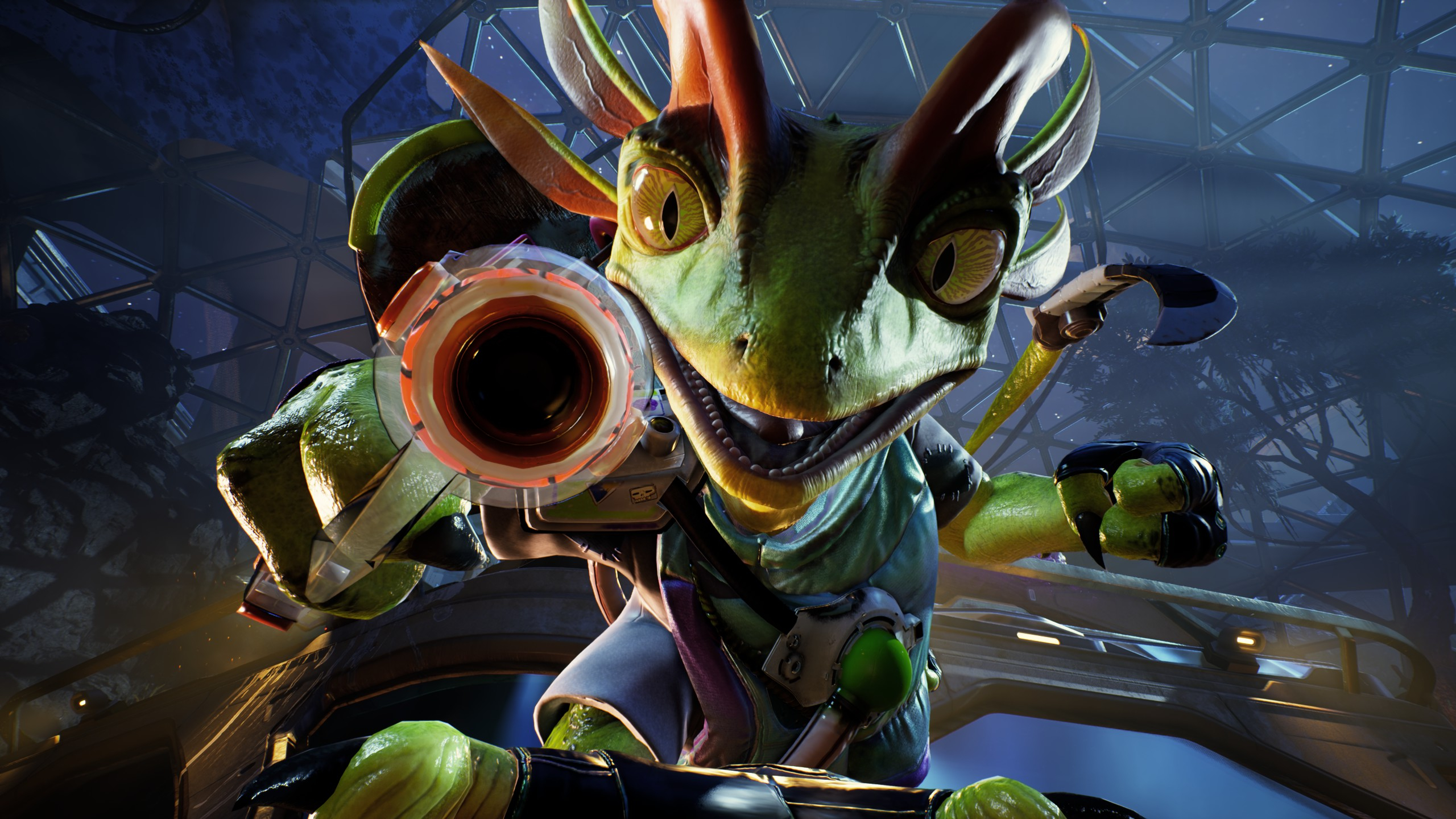Capcom legend tackles Palworld-Nintendo battle and manages to annoy almost everyone: 'It's a game that transcends the boundaries of war'
Yoshiki Okamoto reckons fans shouldn't even be playing it while a lawsuit's active.

Keep up to date with the most important stories and the best deals, as picked by the PC Gamer team.
You are now subscribed
Your newsletter sign-up was successful
Want to add more newsletters?

Every Friday
GamesRadar+
Your weekly update on everything you could ever want to know about the games you already love, games we know you're going to love in the near future, and tales from the communities that surround them.

Every Thursday
GTA 6 O'clock
Our special GTA 6 newsletter, with breaking news, insider info, and rumor analysis from the award-winning GTA 6 O'clock experts.

Every Friday
Knowledge
From the creators of Edge: A weekly videogame industry newsletter with analysis from expert writers, guidance from professionals, and insight into what's on the horizon.

Every Thursday
The Setup
Hardware nerds unite, sign up to our free tech newsletter for a weekly digest of the hottest new tech, the latest gadgets on the test bench, and much more.

Every Wednesday
Switch 2 Spotlight
Sign up to our new Switch 2 newsletter, where we bring you the latest talking points on Nintendo's new console each week, bring you up to date on the news, and recommend what games to play.

Every Saturday
The Watchlist
Subscribe for a weekly digest of the movie and TV news that matters, direct to your inbox. From first-look trailers, interviews, reviews and explainers, we've got you covered.

Once a month
SFX
Get sneak previews, exclusive competitions and details of special events each month!
Pocketpair’s Palworld has certainly found an audience since release: even if, unfortunately, those interested include Nintendo's lawyers. The ongoing copyright lawsuit between the indie studio and the most venerable company in gaming is the subject of great interest worldwide, but of particular fascination in Japan, where the suit is filed and where both companies are based.
A genuine Capcom legend has now waded into the debate with a strident take on the situation, and one that seems to have angered more people than it's won over. Yoshiki Okamoto is now the chairman of the Japan Game Culture Foundation, but had a stellar career in games including golden age arcade titles like 1942, Final Fight, and Street Fighter 2, alongside working on the original Resident Evil and later the mobile smash Monster Strike. There are dozens of other games to mention (and one in particular we'll flag later), but suffice to say Okamoto is the real deal.
Speaking on the Pocketpair—Nintendo dispute, he comes out swinging. "[Palworld is] a game that transcends the boundaries of war," begins Okamoto, going on to say it "crossed a line that should not be crossed, and I don't want the world to think it is acceptable." Okamoto says with regards to the copyright dispute that he doesn't like the kind of thinking that goes "It sold well, so it's OK, or it was fun, so it's OK, or it got good reviews, so it's OK."
Okamoto then goes on a digression about the game being in beta (Palworld is in Steam early access) and having a final version announced for next year which, he says, should "raise an eyebrow." He seems a little stuck on the fact that the game will get a 1.0 release and somehow regards this as a further affront, but we're barely getting started here.
"If a settlement is reached with Nintendo, then I think [Palworld] will become a game that is officially fine to play," says Okamoto, warming up to his theme. "However, it is currently a game that’s being sued so it’s unacceptable. By playing the game you are supporting it, so please don’t buy it."
This has gone down just as well as you'd expect: people don't like being told what they should and shouldn't play, and while we all love Nintendo games I think we can probably agree that their lawyers are not as loveable. Pocketpair obviously has its own lawyers, and is perfectly capable of defending itself, but most will see this lawsuit in the context of Nintendo's over-zealous attitude towards fan games and emulation, where it is undeniably ruthless.
One particularly controversial moment comes with a bleeped-out term that Okamoto uses to describe the game: he calls it "anti-[bleep]", with commenters speculating he's using a term that translates as "anti-social force” (thanks IGN). This is a term typically reserved for actual criminal outfits or those that skirt the margins of legality.
Keep up to date with the most important stories and the best deals, as picked by the PC Gamer team.
The reaction to this has been especially fiery, with some pointing out that Okamoto's own Monster Strike series owes a considerable debt to Pokemon itself. Not mentioned (that I could see) is that Okamoto actually directed an even more straightforward monster-collecting game, 2007's Folklore on the PS3. This game has a completely different aesthetic and vibe from Pokemon, being a dark fantasy world tinged with a little horror, but it is arguably closer to the actual mechanics of Nintendo's series than Palworld. Anyway.
The comments are universally against Okamoto's stance. "I will be supporting Pocketpair," reads one of the most-upvoted comments. "What Nintendo is doing is wrong. They did not invent monster fighting and the idea that a completely different game with similar mechanics does not deserve to enter the market is wrong and bad for consumers."
Another reads: "It's not a copyright issue, it's patent abuse from a company trying to gatekeep mechanics they themselves did not create. For an industry veteran, you seem to have forgotten your roots as a game developer."
Finally: "Patenting videogame mechanics is a 'line that should not have been crossed'. I can't believe we have to have this conversation. Greed is ugly."
For the avoidance of doubt, Okamoto says he's never played Palworld and has "no intention" of doing so "or spending money on it." He acknowledges that there are divided opinions on the game and "there are fans out there", but circles back to the copyright lawsuit and his concerns that, if Pocketpair emerges triumphant, other companies will become more brazen in copying prize IPs like Pokemon et al, particularly with the rise of generative AI.
The Nintendo-Palworld lawsuit rumbles on, centered around three patents granted to Nintendo. The goalposts do appear to be moving as the lawsuit develops: Nintendo's latest move is to target a Dark Souls 3 mod, believe it or not, that could invalidate the lawsuit.
2025 games: This year's upcoming releases
Best PC games: Our all-time favorites
Free PC games: Freebie fest
Best FPS games: Finest gunplay
Best RPGs: Grand adventures
Best co-op games: Better together

Rich is a games journalist with 15 years' experience, beginning his career on Edge magazine before working for a wide range of outlets, including Ars Technica, Eurogamer, GamesRadar+, Gamespot, the Guardian, IGN, the New Statesman, Polygon, and Vice. He was the editor of Kotaku UK, the UK arm of Kotaku, for three years before joining PC Gamer. He is the author of a Brief History of Video Games, a full history of the medium, which the Midwest Book Review described as "[a] must-read for serious minded game historians and curious video game connoisseurs alike."
You must confirm your public display name before commenting
Please logout and then login again, you will then be prompted to enter your display name.



